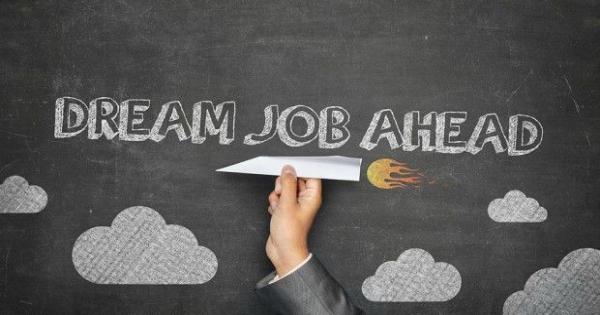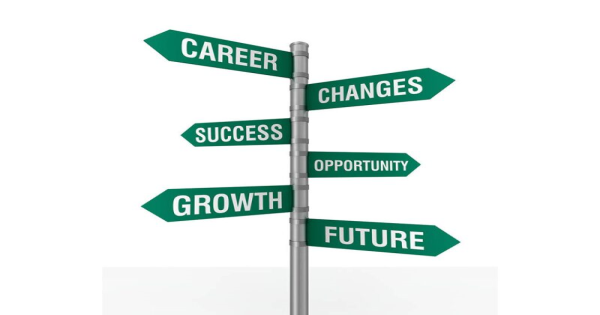Time is a universal concept, yet its perception varies greatly among individuals. Factors like age, emotions, cultural background, and psychological state influence how people experience time. This article explores the science behind subjective time perception and why it differs from person to person.

What is Time Perception?
Time perception refers to the subjective experience of time’s passage. Unlike the objective ticking of a clock, time can feel fast, slow, or even distorted depending on external and internal influences.
Factors Influencing Time Perception
Time perception is shaped by multiple elements, including:
-
Age – Children and elderly individuals experience time differently.
-
Emotions – Happiness and fear alter time’s speed.
-
Attention & Focus – Engagement levels affect how time is perceived.
-
Culture – Different societies have unique approaches to time.
-
Mindset & State of Mind – Psychological conditions like anxiety or boredom impact time’s passage.
How Age Affects Time Perception
Age plays a significant role in how people experience time. Younger individuals often perceive time differently than older people.
| Age Group | Perception of Time |
|---|---|
| Children | Time feels slower due to new experiences and developing brain structures. |
| Adults | Time appears to speed up as routines become familiar. |
| Elderly | Time may feel even faster due to fewer novel experiences and cognitive changes. |
Why Does Time Feel Faster as We Age?
-
Memory Compression: The brain stores fewer new experiences, making time seem shorter.
-
Routine-Based Living: Repetitive tasks make time seem to fly.
-
Biological Changes: Slower dopamine production affects perception.
The Role of Emotions in Time Perception
Emotions strongly influence how time is experienced. Different emotional states can make time speed up or slow down.
| Emotion | Effect on Time Perception |
| Fear/Anxiety | Time slows down (heightened awareness). |
| Happiness | Time speeds up (flow state). |
| Boredom | Time drags on (low engagement). |
| Sadness | Time feels longer (emotional distress). |
Scientific Explanation:
When in danger, the brain boosts its processing speed, making moments appear longer. In contrast, during enjoyable activities, the brain filters out unnecessary details, making time seem to pass quickly.
Cultural Differences in Time Perception
Different cultures view and experience time uniquely.
| Culture Type | Time Perception Style |
| Western Societies | Linear time (punctual, schedule-oriented). |
| Eastern Societies | Cyclical time (flexible, fluid approach). |
| Indigenous Cultures | Event-based time (importance of moment rather than strict timing). |
In cultures where time is perceived cyclically, deadlines may be less rigid, while in linear-time societies, punctuality is prioritized.
How Mindset Influences Time Experience
Psychological states and personal mindset directly affect how time is perceived.
-
Flow State: When fully engaged, time flies by.
-
Mindfulness & Meditation: Slows down time by heightening awareness.
-
Anxiety & Stress: Makes time seem to crawl due to overthinking.
-
Drug & Medication Effects: Certain substances can distort time perception.
How to Take Control of Your Time Perception
Tips to Slow Down Time When It Feels Too Fast:
-
Engage in New Activities: Novelty makes time feel longer.
-
Practice Mindfulness: Being present in the moment can help extend time perception.
-
Limit Routine & Monotony: Break patterns to stretch time.
-
Savor Experiences: Enjoy moments fully without rushing.
Tips to Speed Up Time When It Feels Too Slow:
-
Stay Busy: Keeping engaged makes time pass faster.
-
Change Your Environment: A new setting can alter perception.
-
Use Time Blocks: Structure time effectively to avoid boredom.
Ammara Ghous
Top Contributors
Related Articles
Why Your First Job Doesn’t Define Your Career – Key Factors for Long-Term Success
- Ilmkidunya
- 14/Apr/2025








.gif)


































